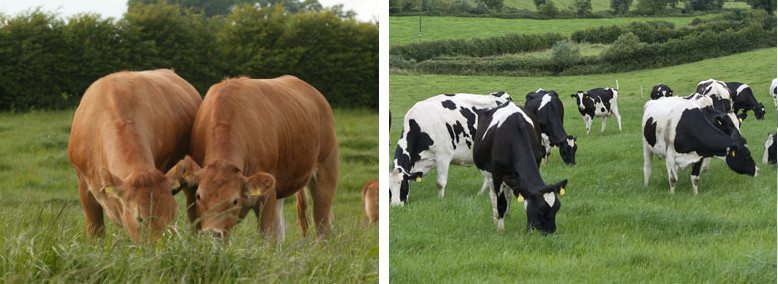Department Has to Bring Tb Situation in Wicklow Under Control

IFA President Eddie Downey said the level of TB incidence in Wicklow remains unacceptably high, despite the significant progress achieved nationally where the numbers of TB reactors have fallen by over 50% since 2000.
He said, “The progress nationally is directly attributable to the effective implementation of the Wildlife Control Programme, which IFA were instrumental in establishing. However, the application of this programme in Wicklow by the Department of Agriculture has not been of the standard required. The problem is further compounded by the rising deer population, which has been allowed increase to levels that are no longer sustainable within their natural habitat. As a result they are encroaching further each year onto farmland and mixing with cattle. Deer are susceptible to TB and are contributing to the high incidence of the disease in the county”.
Eddie Downey said the Department of Agriculture must address the inadequacies in the Wildlife Control programme in Wicklow. “Along with the NPWS and the Forestry Service, it must deliver on the commitments given to establish a National Deer Management programme to ensure the underlying level of the disease is removed. It is not acceptable to continue removing cattle from farmers while ignoring the wildlife which has caused the problem in the first place.”
As a result of the reduced incidence of TB nationally, the Department of Agriculture have accrued significant savings in the ERAD budget over the last number of years. These savings must now be used to remove some of the cost of this disease for farmers. In particular, the levels of grant payable in income supplement to farmers who lose large numbers of animals must be increased to reflect the actual income lost from having animals removed at peak production times.
Concluding, Eddie Downey said, “Fear of a TB outbreak is one of the main causes of stress on family farms. We have to see the provision of meaningful supports which ensures farmers no longer have to live in the fear of a TB breakdown, or experience the trauma of the financial and emotional stress associated with this disease”.




